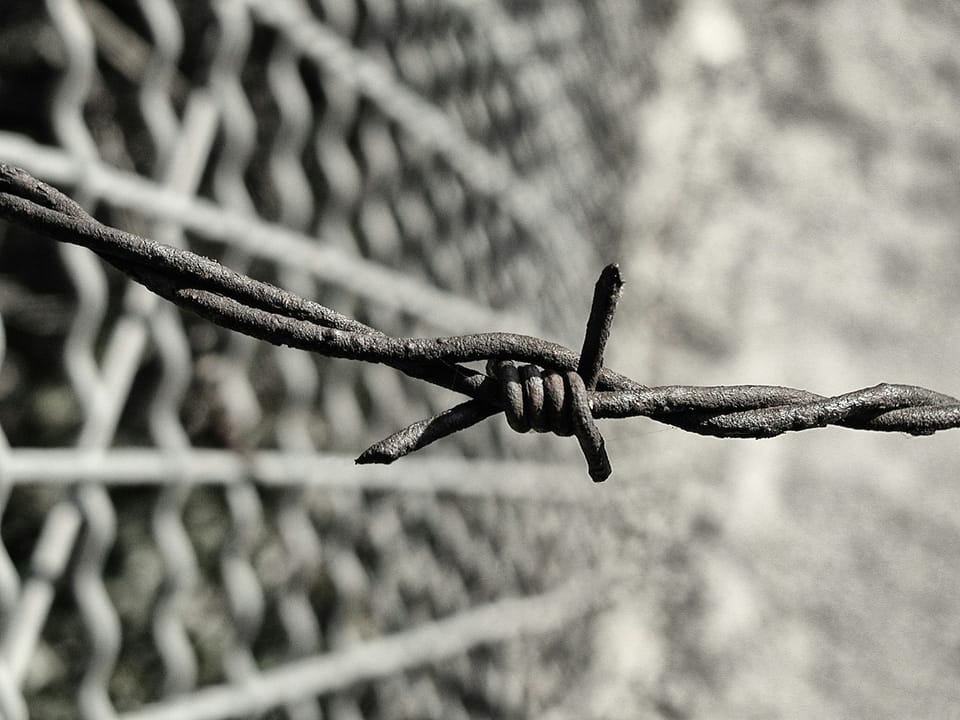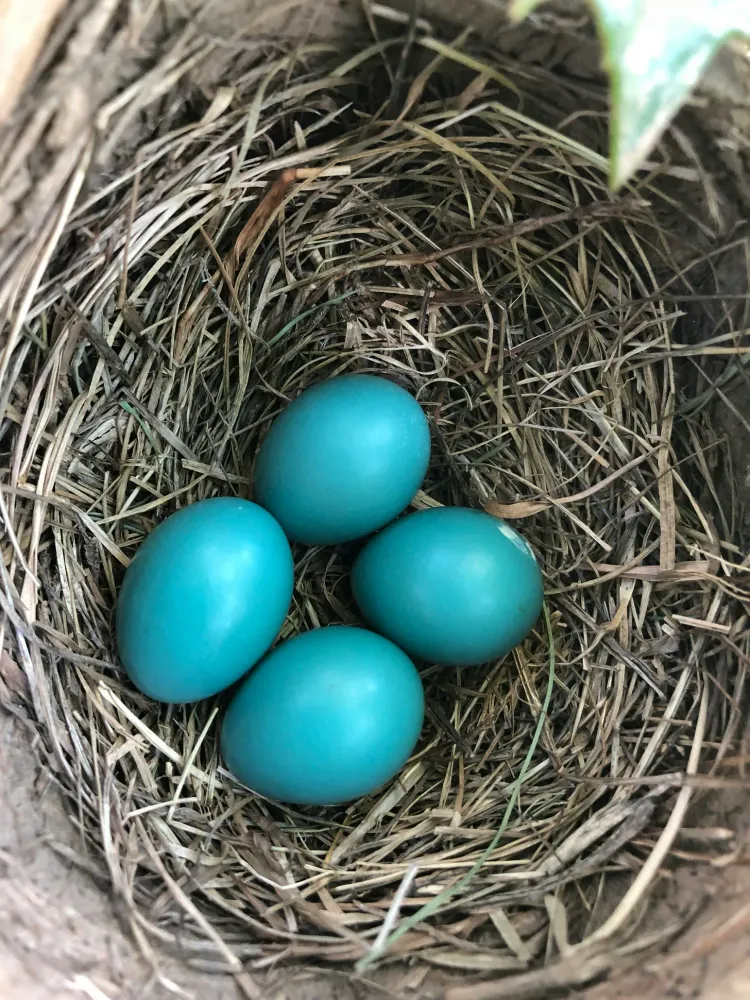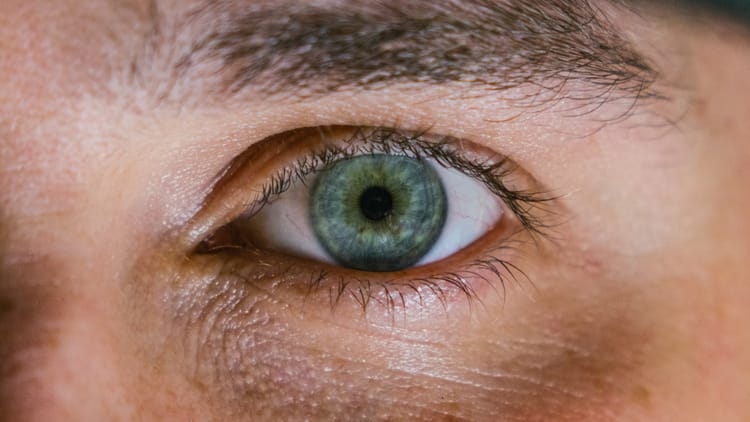
Photo by Marco Bianchetti on Unsplash
My early Jewish education was saturated with the idea that the existence of the State of Israel was a categorical imperative of both Jewish identity and Jewish survival; and my early experience of antisemitism, starting in the third grade and lasting into my college years, made it all too easy to accept that idea as incontrovertibly true. The white, Christian kids in my neighborhood threw pennies, rocks, and bottles at me when I walked past, calling me Cheap Jew! and Fucking Heeb!. They harassed me in school, attacked me physically on multiple occasions, letting me know they had ovens waiting in their basements for me and my family; and they burglarized the apartment where my family lived, targeting my room in particular by trashing the books of Jewish learning I had on my bookshelf and carving the word kike into my closet door. Their message was clear. Because I was Jewish, I was not welcome among them.
Thanks for reading It All Connects...! Subscribe for free to receive new posts and support my work.
The white, Christian adults who stood passive-aggressively by while all this happened only reinforced that message. Perhaps the best example I can give of how unwelcome I was made to feel, however—or, more precisely, of how clear the message was that Jews in general were not welcome in that neighborhood—is what didn’t happen after one of those kids wrote antisemitic graffiti about me on the wall of my town’s public library. I was fifteen when he spray painted Newman is a Jew on the wall facing one of the avenues that ran through the center of town, illustrating his words, just in case a passerby didn’t get it, with the image of a penny. That was in 1977. Fifteen years later, in 1992, when I brought the woman who would become my wife to meet my mother, the graffiti was still legible, and it continued to be legible at least until 2005 or so, when I took my then seven- or eight-year-old son to that neighborhood to show him where I grew up.
Out of curiosity, I drove by the library not too long ago, and found that the words had finally faded to the point where, if you had not seen them in the first place, you would not know they had ever been there. I have no idea, however, whether that’s because someone in authority finally decided to sandblast them away or because the wind and the rain and the snow finally did what someone in authority should have done a long time ago. For nearly thirty years, though, anyone walking by the library could read on its wall just precisely how unwelcome Jews were in that town.
Growing up, in other words, it was not hard to feel like I was living my own small version of the history of antisemitism, which, wherever it has been allowed to play out to its logical conclusion, has always contained within itself the desire to eliminate the Jews, whether by expulsion, forced conversion, or total annihilation. As a result, the need for a Jewish state, both a homeland and a safe haven, seemed to me like common sense, a feeling that was bolstered by the myth of the State of Israel’s moral superiority, expressed most powerfully, I thought at the time, by something Golda Meir said at a press conference in London in 1969:
When peace comes, we will perhaps in time be able to forgive the Arabs for killing our sons, but it will be harder for us to forgive them for having forced us to kill their sons.
At the time, I mistook the sentimental self-righteousness of Meir’s statement for an authentic moral stance. All the Jews wanted was a country where we could live as Jews, at peace with the rest of the world and free from antisemitic hatred, whether writ small, like my experience, or large, like the examples I learned about in school and in the books I read. It simply was not our fault if others forced us to kill in pursuit of that goal.
That conviction started to unravel during my sophomore year of college. A friend who was not Jewish and I were talking about Israel and Palestine in the hallway of our dorm. I don’t remember specifically what we were talking about, but at some point I repeated one of the more heinous, anti-Palestinian canards I had internalized without even thinking about it: that when Palestinian women became pregnant, they prayed to give birth to sons so those boys could grow up to become suicide bombers and martyr themselves for the Palestinian cause. My friend’s jaw dropped, and he stared at me open-mouthed, silent and incredulous. I wish I could recall exactly what he said next, but the meaning of it is still with me: Did I really believe, he wanted to know, that Palestinian mothers loved their sons so little that they did not want for them the long and happy lives that all mothers desire for their children?
It was my turn to be silent. No one had ever spoken aloud like that the implications of what I had been taught to believe, and the more I thought about it, the more ashamed I was for having believed it.
One thing I do remember about my friend’s question—the reason I was able to hear it without getting immediately defensive—is that he did not make its subtext a test to see if my presumed Jewish loyalty to Israel outweighed my basic humanity. In all the years since then, and it’s been more than forty, I think I can count on two hands the number of people with whom I have been as sure of that as I was with him. It can make the question Whose side are you on? more complicated than you might think.
Part Two of this series, Subtext, will post tomorrow. I have turned comments on, if you would like to let me know what you think by responding directly to the post, rather than emailing me. I’d love to hear from you. Also, if you find my newsletter valuable, please consider forwarding it to others who might do so as well. I am trying to grow my mailing list. Thank You!
Thanks for reading It All Connects...! Subscribe for free to receive new posts and support my work.
A poet and essayist, I write about gender and sexuality, Jewish identity and culture, writing and translation. My goal? To make connections that matter. I also help other writers do the same.





